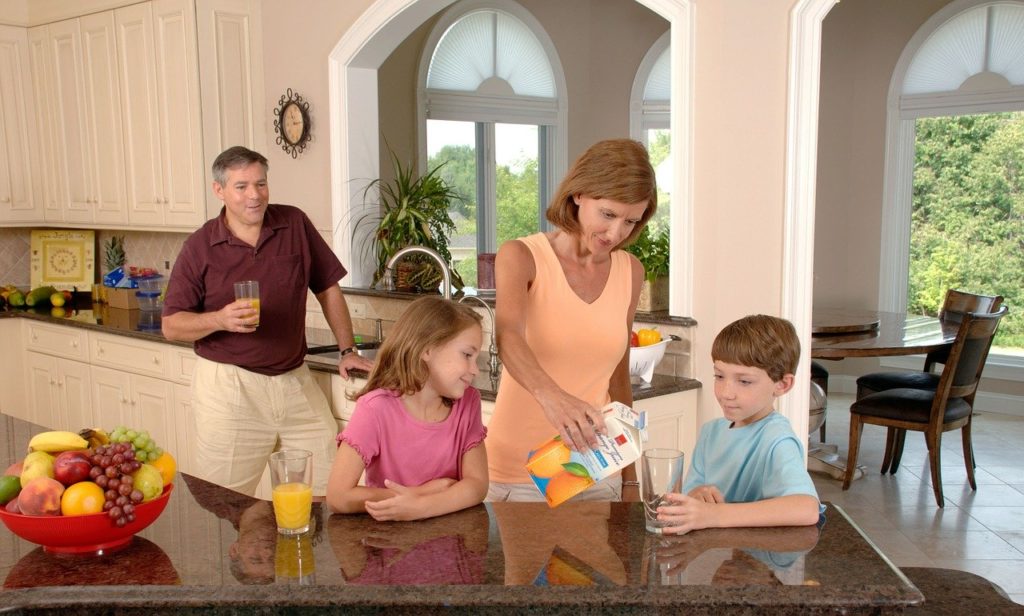Children and adults alike have had to make significant changes in everyday life in a pretty rapid timeframe. Normal has changed. Now while schools and businesses have closed, children and parents are staying at home, and this transition can be, and maybe has been, a challenge. Below are some tips to help parents and caregivers for helping their children through this time:
Be a role model– children take their cue on how to react to uncertain situations by watching their parents. It’s important to acknowledge some level of concern without panicking.
Be aware of how you talk about COVID-19– how you discuss the disease can increase or decrease your child’s fear or anxiety. If everyone is healthy in your family, remind your children of that and let them know you’re going to do everything you can to keep them safe and healthy. Listen to your children and respond with truth and reassurance.
Explain social distancing– most children want to be with their friends; it’s important to explain the public health recommendation of staying away from people to prevent any spread of the disease. Some children better understand that we’re “following the rules” that health professionals have provided until the risks are lower. Explain that this is a temporary situation, and life will get back to normal. For older children and teens, you can explain the concept of “flattening the curve” to try to reduce the number of sick people to help our healthcare providers.
Establish and maintain a daily routine– keeping a regular schedule provides predictability, gives a sense of control, and is calming. If you don’t have a daily routine already, that’s okay, but it’s a good idea to think about and implement a routine.
Focus on the positive– enjoy and celebrate having more family time, do fun stuff together, play games, go outside for walks, play with the pets, get some exercise. Have older kids connect with friends virtually.
Demonstrate deep breathing– deep breathing is valuable for calming the body and the mind. You can find YouTube videos for help, or contact us for pointers. This is good for adults and children, and it’s good for you to demonstrate deep breathing for your children and to do the exercises with your children.
If you have questions or concerns, or your child is having difficulties during this time, please contact us at klass@utk.eduor 865-974-6177 to schedule a telehealth appointment. In the next post on this topic we’ll talk a more about TV viewing and social media engagement during this challenging time.
*Adapted from the National Association of School Psychologists and the National Association of School Nurses.
